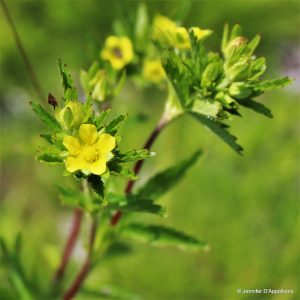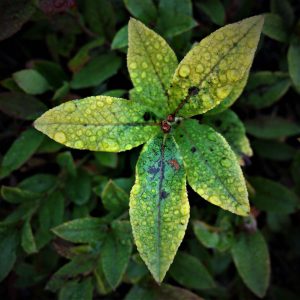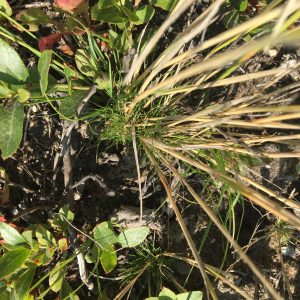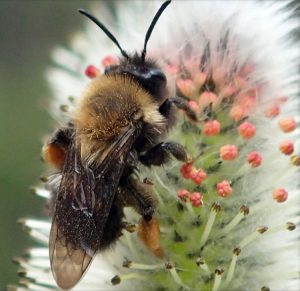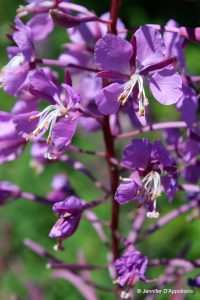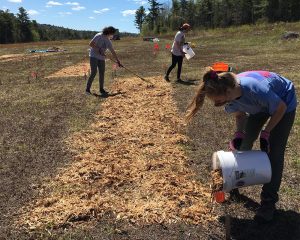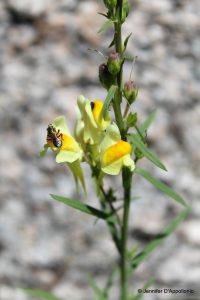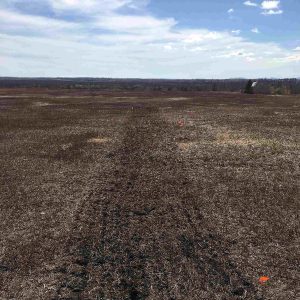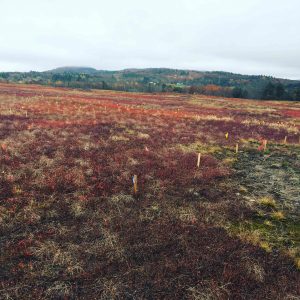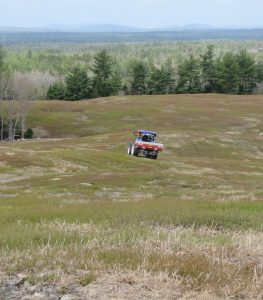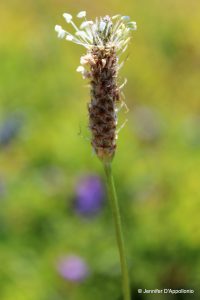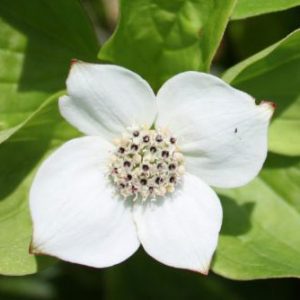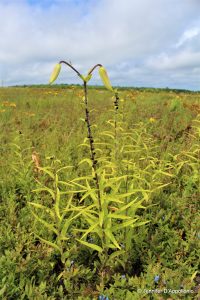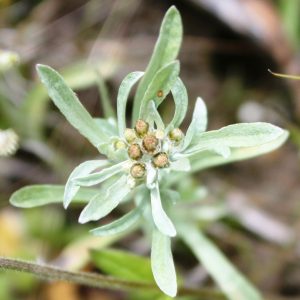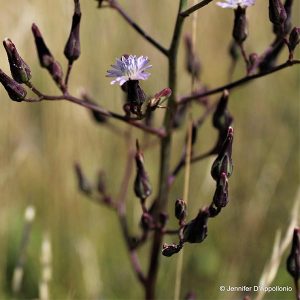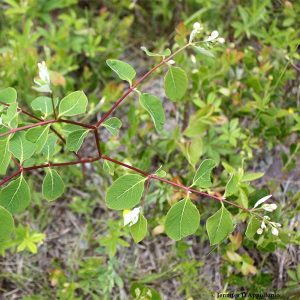Weeds
Plants other than wild blueberries in your fields are considered weeds because they compete with wild blueberries for sunlight, water, and nutrients. However, there are some weeds that provide important ecosystem services such as pollinator habitat and erosion management. The first two steps of wild blueberry weed management are to identify what types of weeds are present and to take a soil sample to determine the pH of the soil.
Questions About Weed Presence in Wild Blueberry?
Please contact Lily Calderwood, Extension Wild Blueberry Specialist at email lily.calderwood@maine.edu.
Table of Contents
Information in these publications are provided purely for educational purposes. No responsibility is assumed for any problems associated with the use of the products or services mentioned. No endorsement of products or companies is intended, nor is criticism of unnamed products or companies implied.
© 2023
Call 800.287.0274 (in Maine), or 207.581.3188, for information on publications and program offerings from University of Maine Cooperative Extension, or visit extension.umaine.edu.
In complying with the letter and spirit of applicable laws and pursuing its own goals of diversity, the University of Maine System does not discriminate on the grounds of race, color, religion, sex, sexual orientation, transgender status, gender, gender identity or expression, ethnicity, national origin, citizenship status, familial status, ancestry, age, disability physical or mental, genetic information, or veterans or military status in employment, education, and all other programs and activities. The University provides reasonable accommodations to qualified individuals with disabilities upon request. The following person has been designated to handle inquiries regarding non-discrimination policies: Director of Equal Opportunity, 5713 Chadbourne Hall, Room 412, University of Maine, Orono, ME 04469-5713, 207.581.1226, TTY 711 (Maine Relay System).

